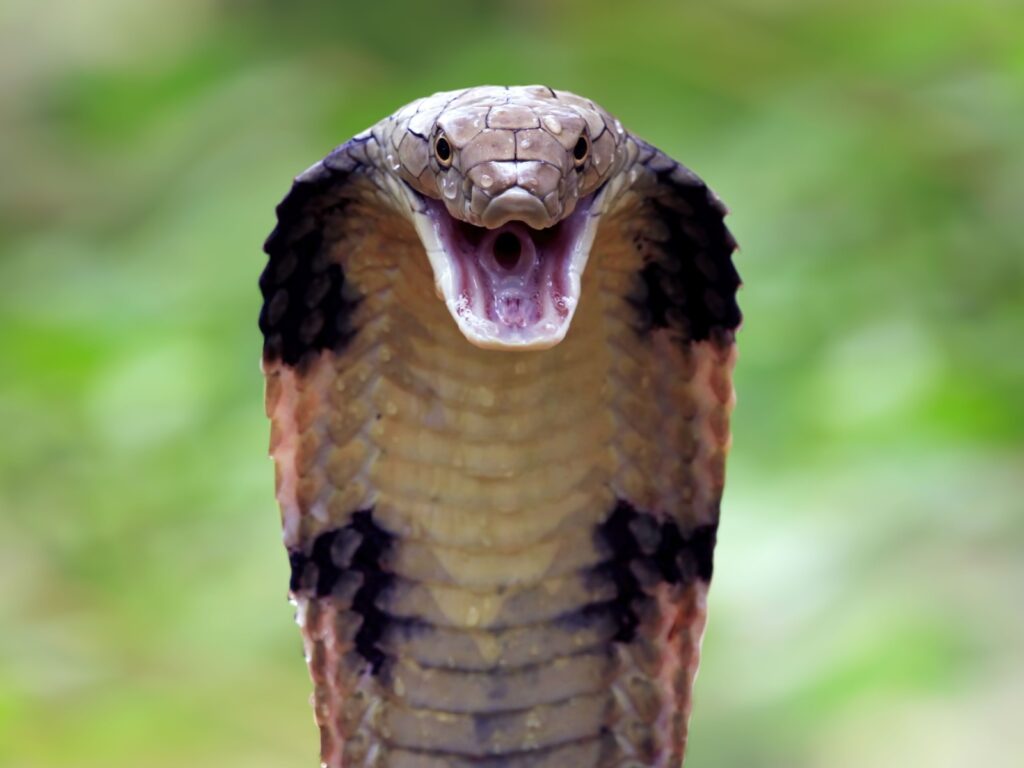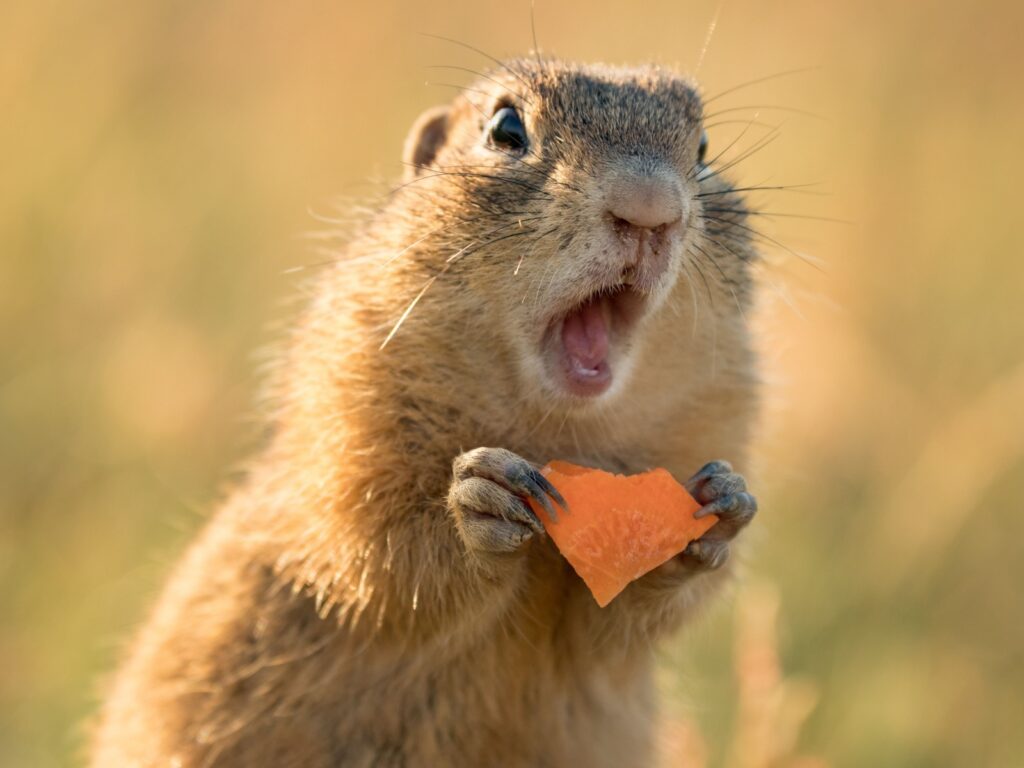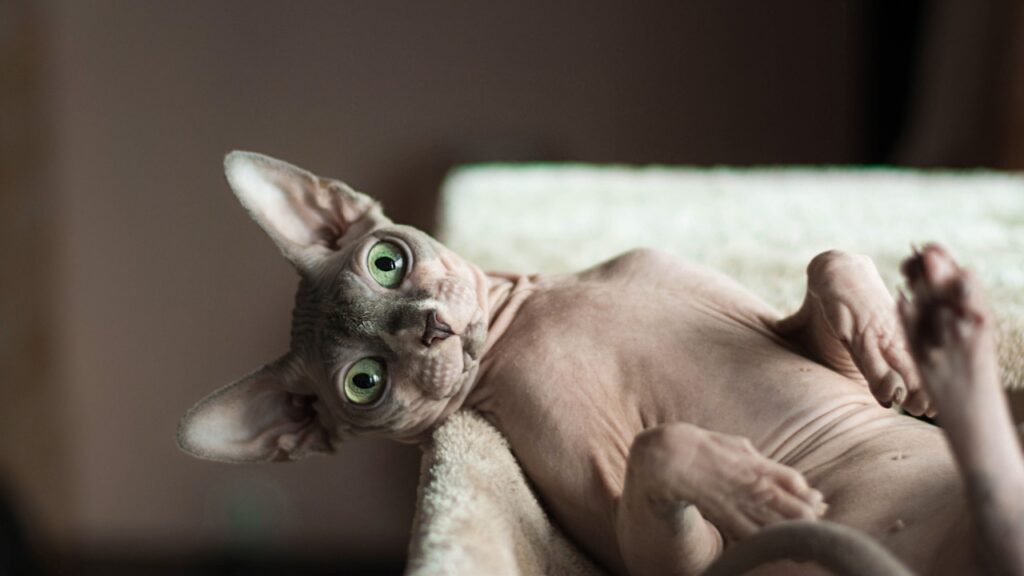Nature never ceases to amaze us with its incredible diversity and unexpected relationships. In the world of cobras, some of the most feared predators on Earth, an array of surprising creatures have evolved to become their formidable opponents. Let’s explore these fascinating cobra killers, from the familiar to the downright bizarre.
Mongoose
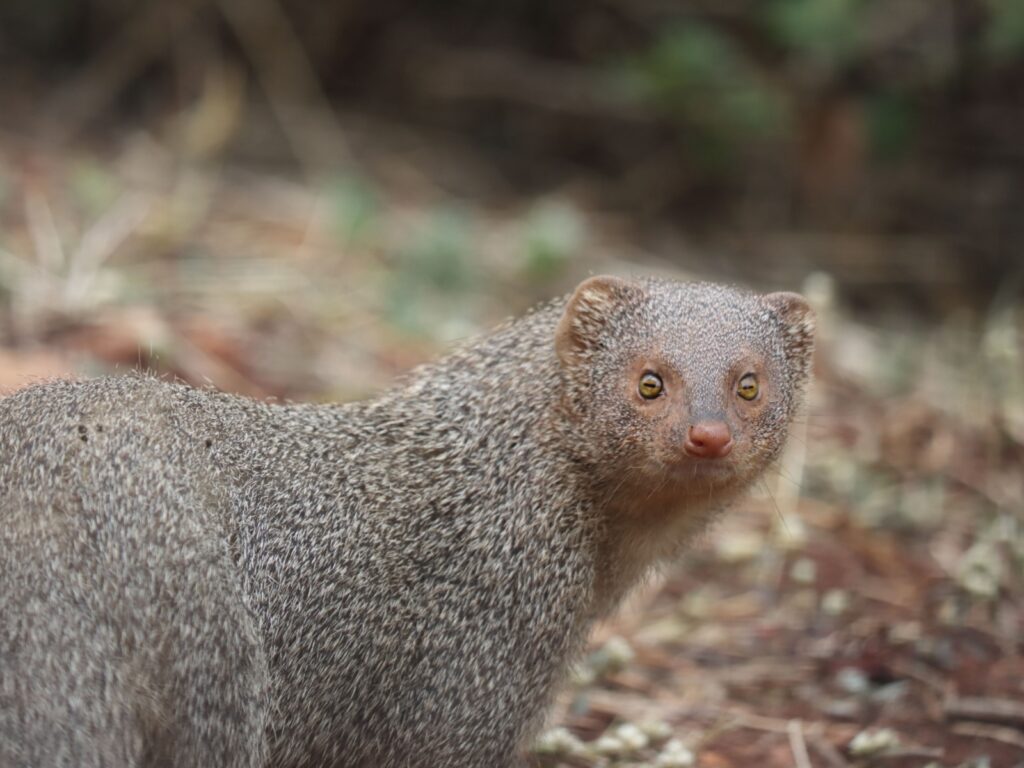
The mongoose, a small but fierce mammal, tops our list of cobra killers. These quick and agile creatures have lightning-fast reflexes, allowing them to dodge cobra strikes with ease. Their thick fur and tough skin provide extra protection against venomous bites. Mongooses also possess a unique genetic adaptation that makes them partially immune to snake venom, giving them a significant advantage in their battles with cobras.
Honey Badger
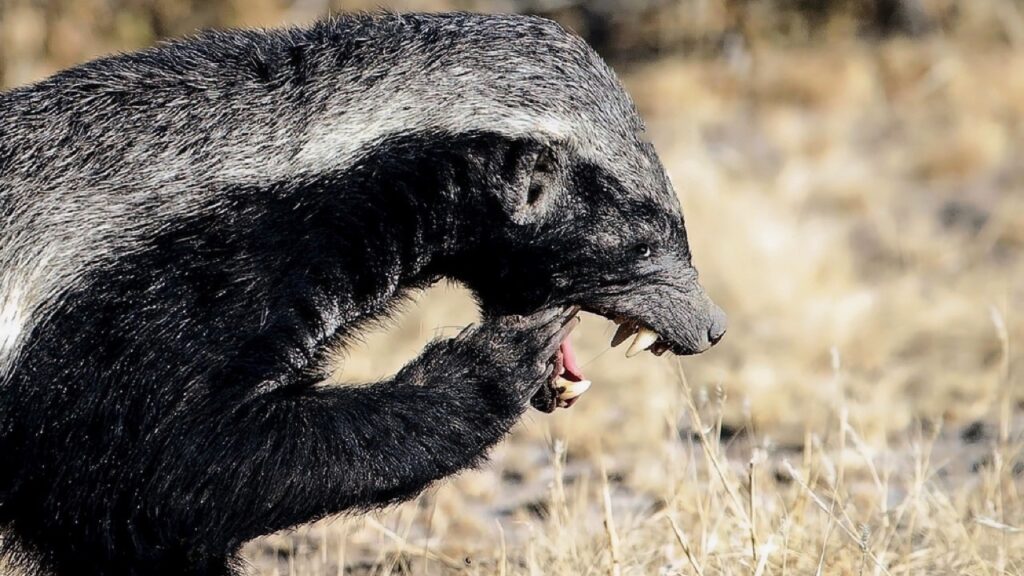
Known for their tenacity and fearlessness, honey badgers are surprisingly effective cobra killers. These muscular mammals have incredibly thick skin that’s resistant to snake bites. They’re also remarkably intelligent, often using tools to aid in their hunting. Honey badgers have been observed using their powerful claws to dig cobras out of their burrows, showing their determination to catch their prey.
Secretary Bird
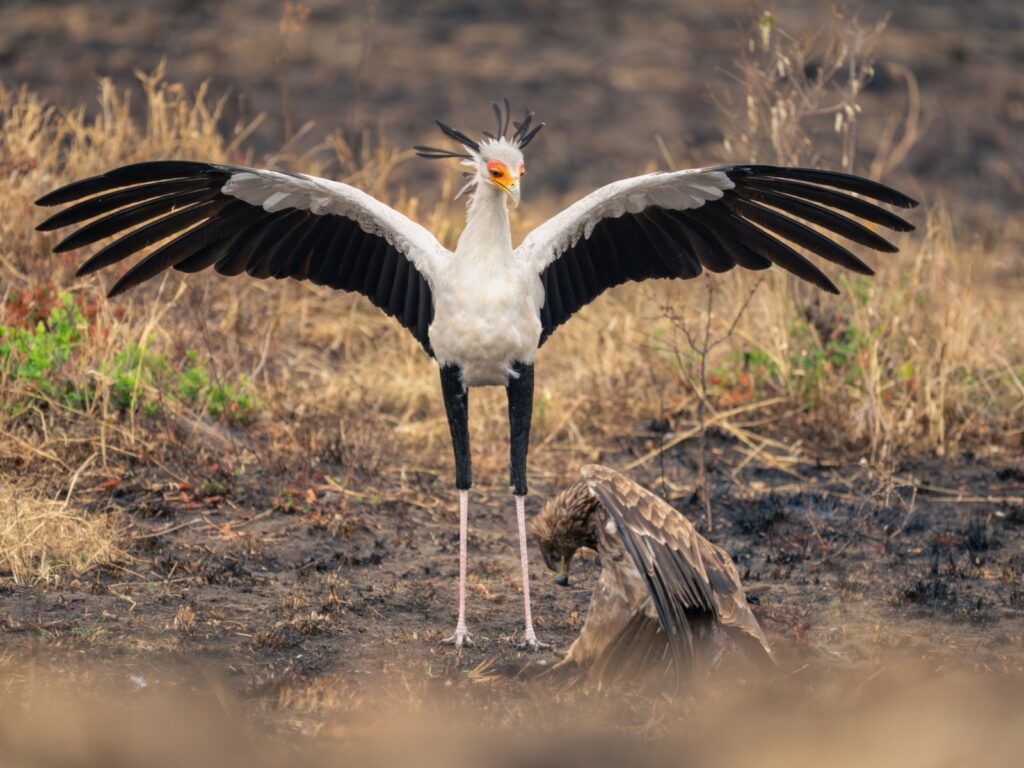
This long-legged African bird might seem an unlikely cobra killer, but it’s a master at the task. Secretary birds use their powerful legs and sharp talons to stomp cobras to death. They have excellent eyesight, allowing them to spot cobras from a distance. Their quick reflexes enable them to avoid strikes while delivering deadly blows to their serpentine opponents.
King Cobra
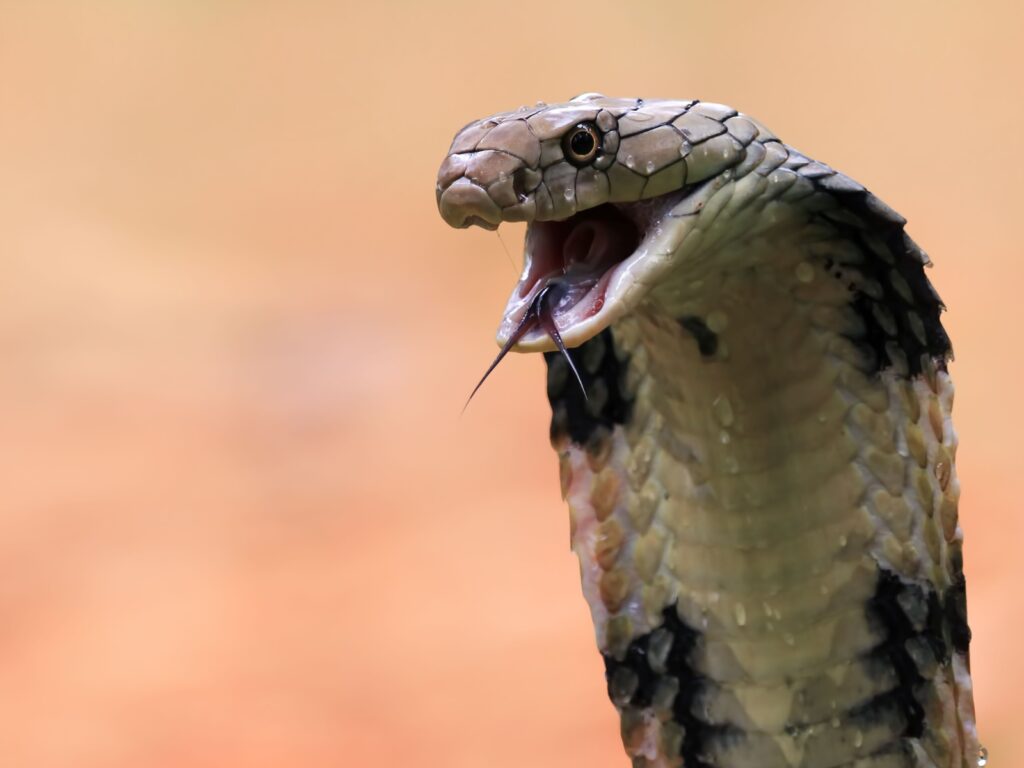
In a twist of irony, one of the most effective cobra killers is another cobra species – the king cobra. These massive snakes prey on other snakes, including their cobra cousins. King cobras have potent venom and are immune to the venom of other cobra species. Their size and strength give them a significant advantage in snake-on-snake combat.
Peacock
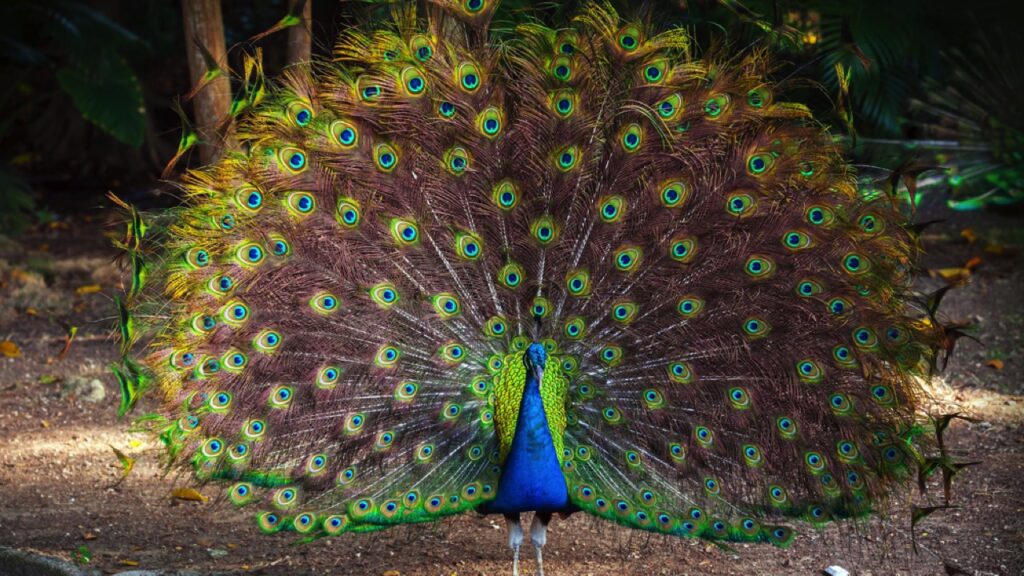
Surprisingly, the flashy peacock is a natural predator of cobras. These birds use their sharp beaks and claws to attack and kill snakes. Peacocks are known for their excellent hearing, which helps them detect cobras before they strike. Their large size and quick movements make them formidable opponents for even the most venomous snakes.
Hedgehog
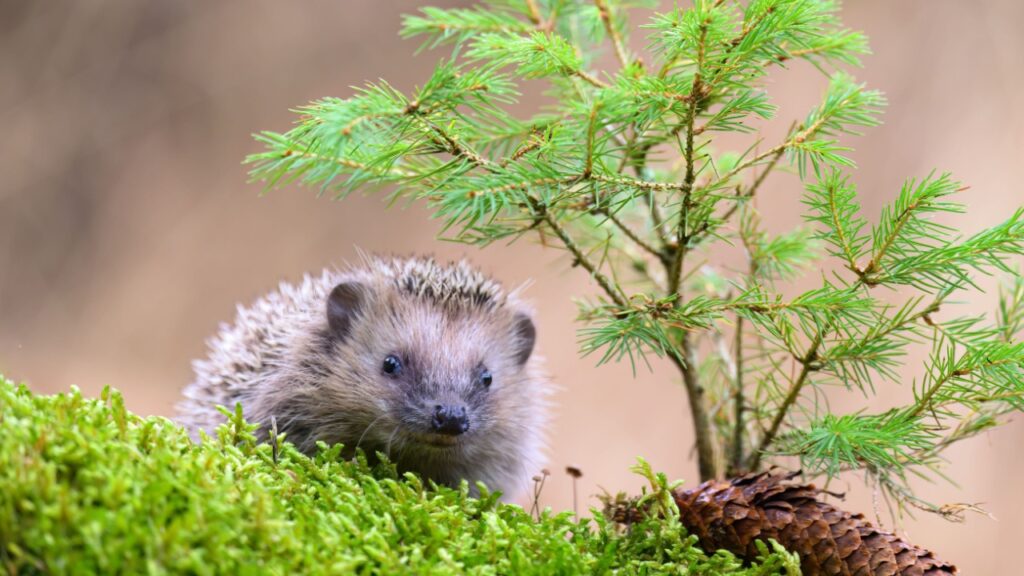
The humble hedgehog is an unexpected but effective cobra killer. These spiny mammals have a natural resistance to snake venom, allowing them to survive multiple bites. Hedgehogs use their sharp quills as a defense mechanism, making it difficult for cobras to land a successful strike. They’re also quick and agile, able to dodge attacks while counter-attacking with their own bites.
Indian Gray Mongoose
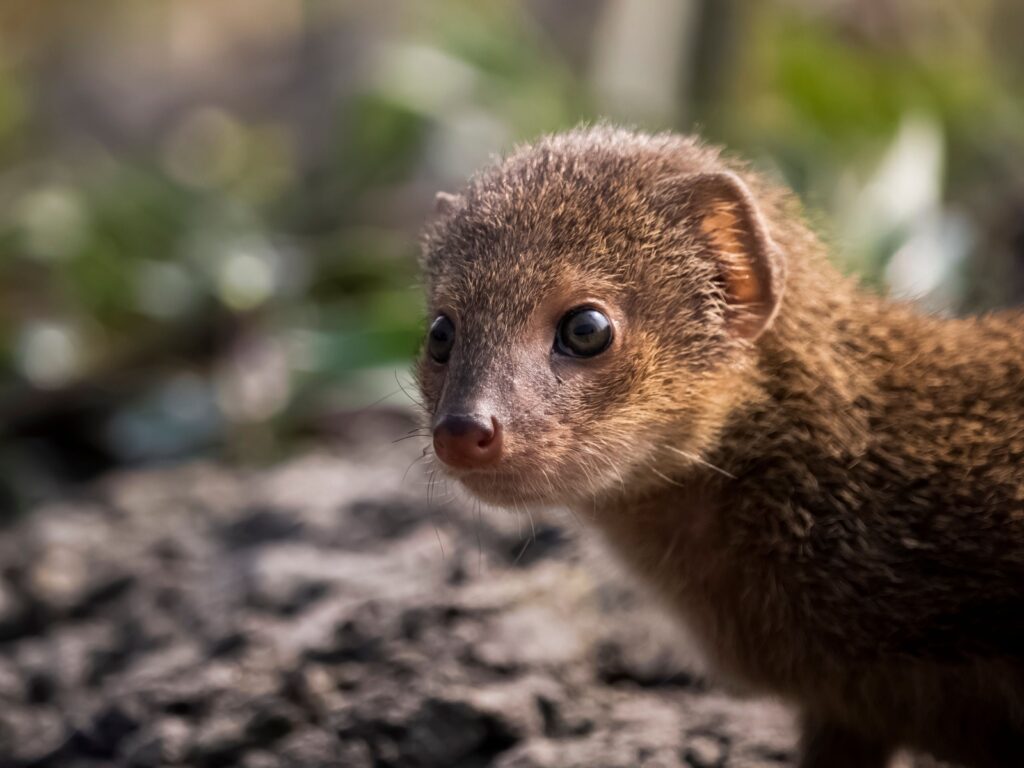
A close relative of the common mongoose, the Indian gray mongoose is specially adapted to hunt cobras. These animals have incredibly quick reflexes, allowing them to dodge cobra strikes with ease. Their fur is thick and bristly, providing additional protection against bites. Indian gray mongooses are known for their unique hunting technique, grabbing cobras by the head to prevent them from striking.
Meerkat
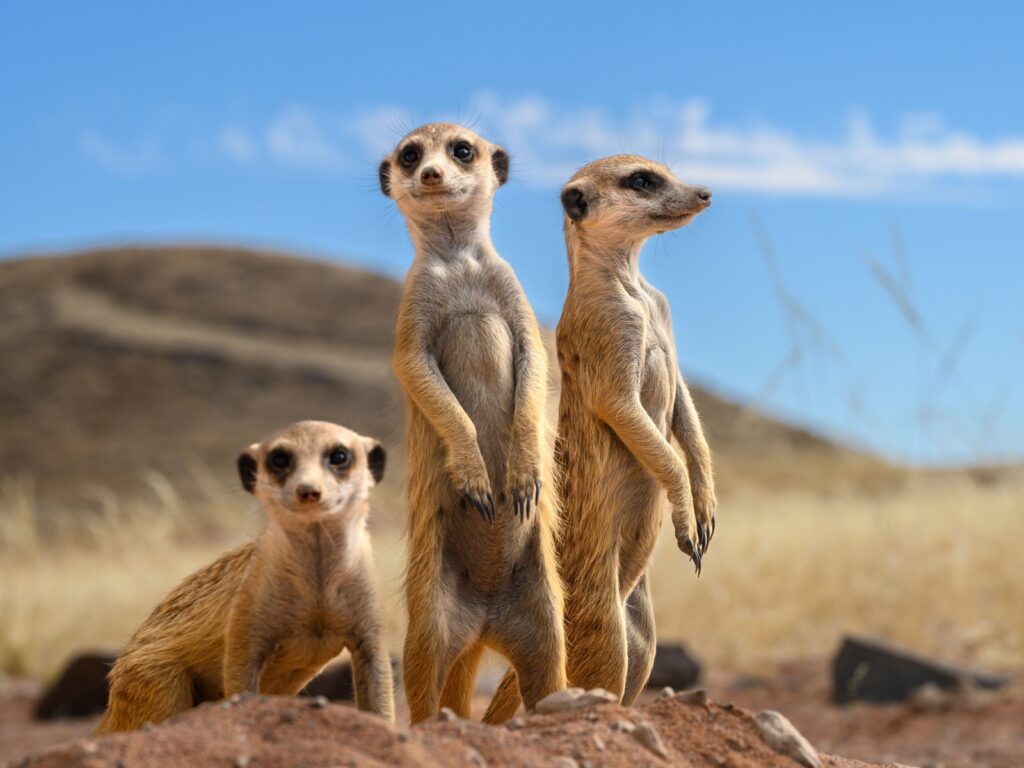
These small African mammals are surprisingly effective cobra killers. Meerkats work in groups to tackle dangerous prey like cobras. They use their sharp claws and teeth to attack, while their excellent vision helps them avoid strikes. Meerkats have also developed a level of immunity to cobra venom, allowing them to survive bites that would be fatal to other animals their size.
Giant Centipede
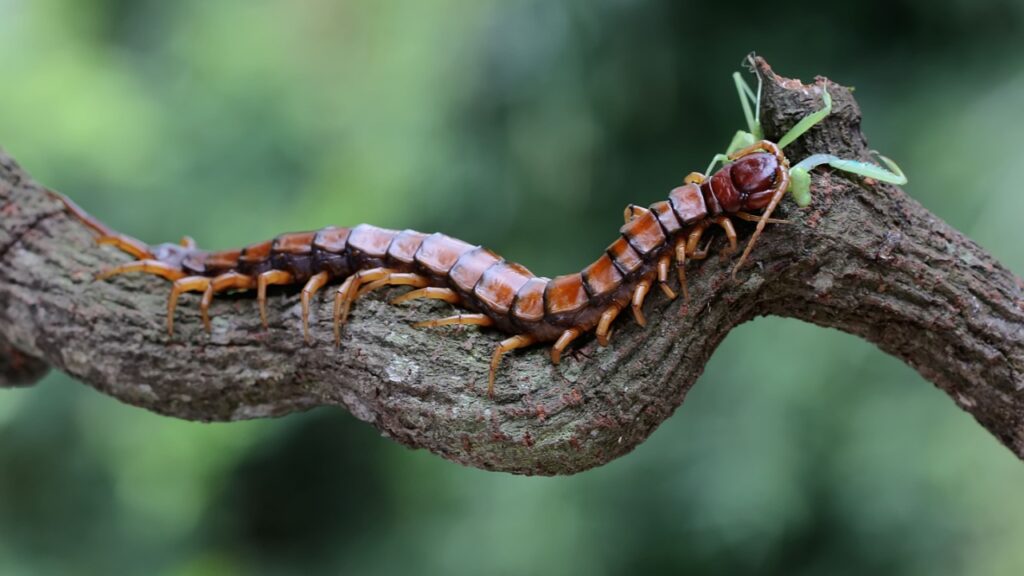
In the insect world, the giant centipede stands out as a formidable cobra killer. These arthropods have potent venom of their own, which they use to paralyze their prey. Giant centipedes are incredibly fast and can easily outmaneuver cobras. Their hard exoskeleton provides some protection against cobra bites, giving them a fighting chance against these venomous snakes.
Peregrine Falcon
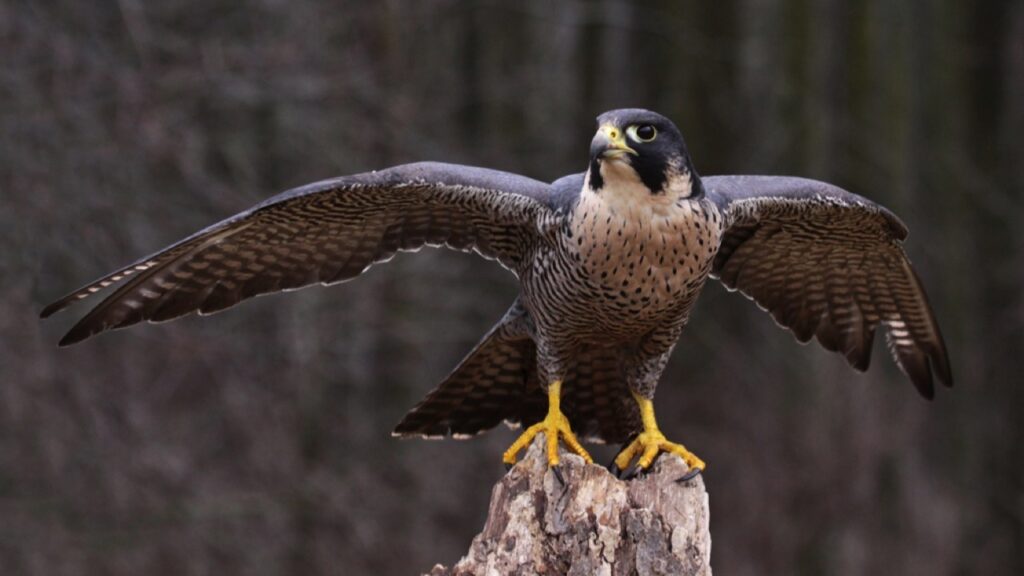
The peregrine falcon, known for its incredible speed, is also an efficient cobra killer. These birds of prey have excellent eyesight, allowing them to spot cobras from high in the air. They dive at incredible speeds to catch cobras off guard. Peregrine falcons use their sharp talons and beaks to quickly dispatch their serpentine prey.
Wild Boar
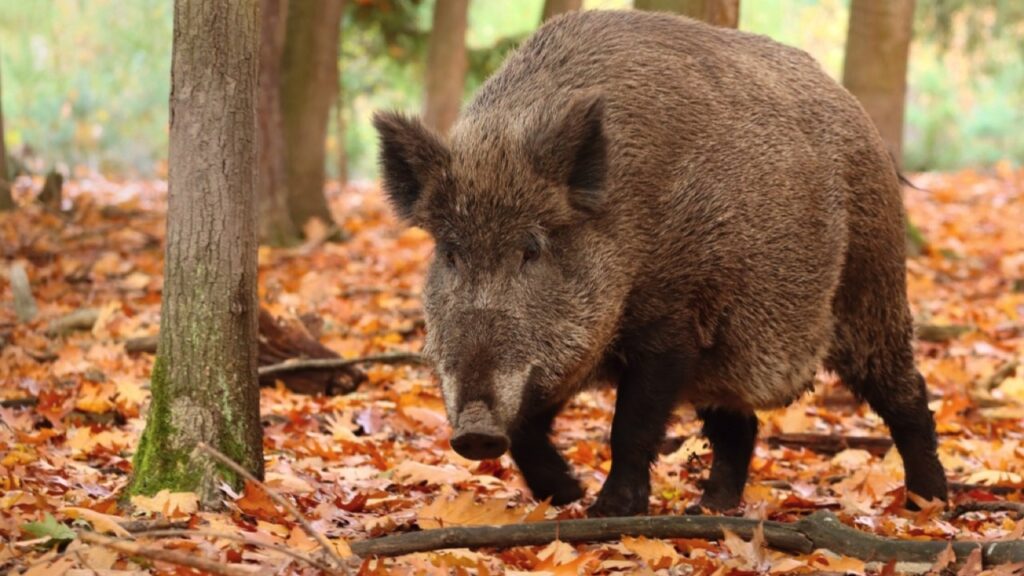
The wild boar might seem like an unlikely cobra killer, but these tough mammals are more than capable of taking on venomous snakes. Wild boars have thick skin that’s resistant to snake bites. They’re also incredibly strong and use their tusks to attack cobras. Their excellent sense of smell helps them locate snakes, even when hidden underground.
Domestic Cat
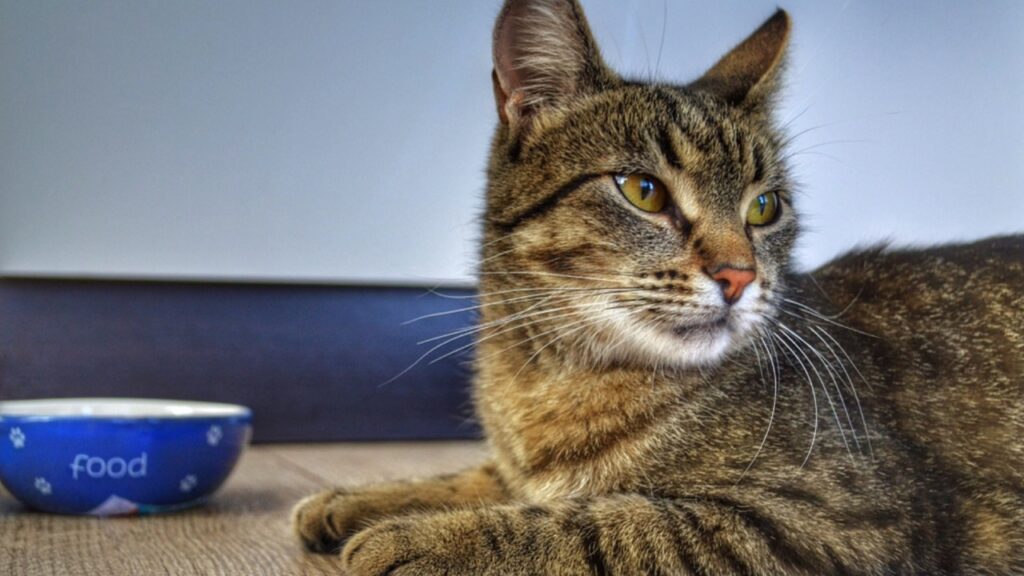
Our feline friends have a natural instinct for hunting snakes, including cobras. Cats are incredibly quick and agile, able to dodge cobra strikes with ease. Their sharp claws and teeth make them formidable opponents. While not immune to cobra venom, cats’ quick reflexes often allow them to avoid being bitten while successfully killing their prey.
Eagle Owl
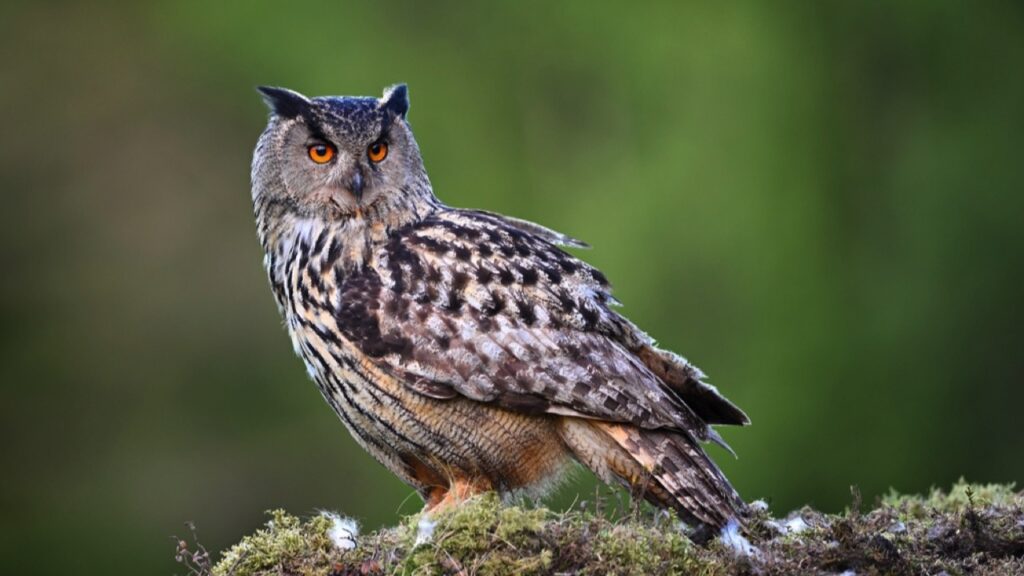
These large nocturnal birds are efficient cobra killers. Eagle owls have excellent night vision, allowing them to hunt cobras even in low light conditions. Their powerful talons can easily crush a cobra’s skull. Eagle owls are also known for their silent flight, enabling them to swoop down on unsuspecting cobras without warning.
Monitor Lizard
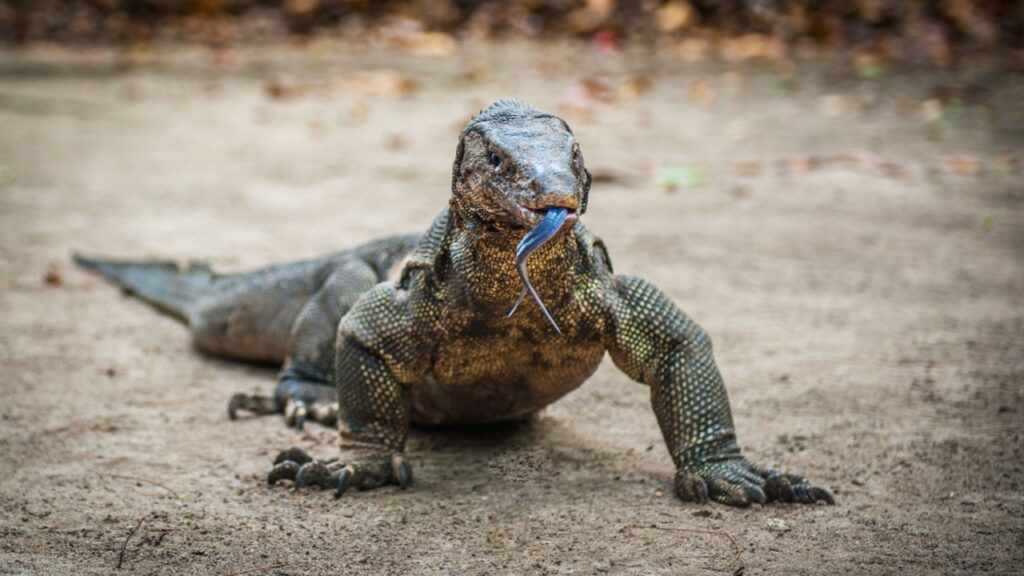
Monitor lizards are natural predators of cobras and other snakes. These large reptiles have tough, scaly skin that provides some protection against cobra bites. They’re also incredibly strong and use their powerful jaws and claws to overpower their prey. Some species of monitor lizards have even developed a resistance to snake venom.
Fire Ants
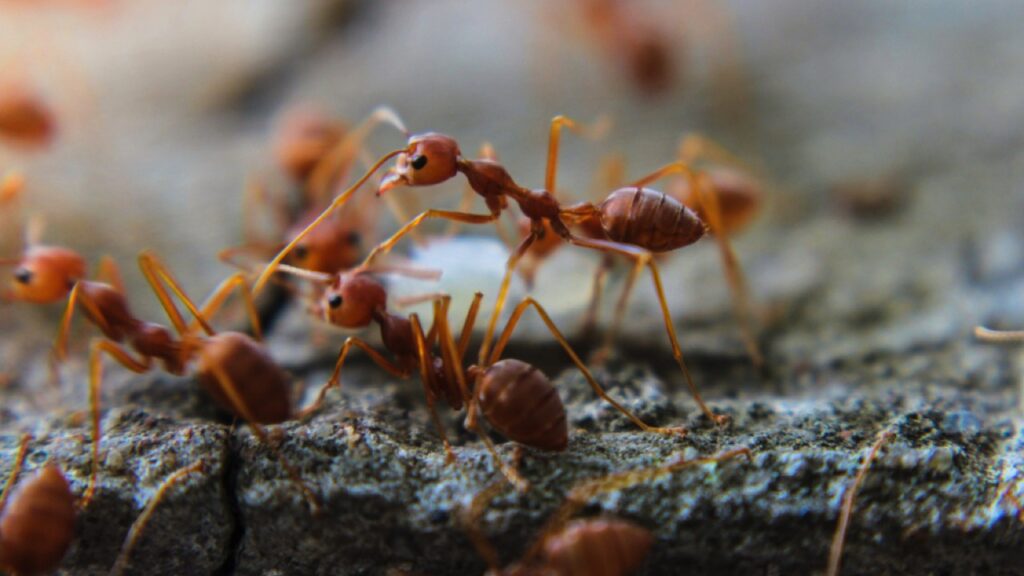
In a surprising twist, even tiny fire ants can be effective cobra killers when working as a group. These insects swarm their much larger prey, overwhelming cobras with their sheer numbers. Fire ants use their powerful mandibles to bite and their stingers to inject venom. While a single ant poses no threat to a cobra, thousands of them can bring down even the most venomous snake.
Becky is a fervent wildlife enthusiast and pet care expert with a diploma in canine nutrition. Her love for animals stretches beyond the domestic, embracing the wild tapestry of global fauna. With over a decade of experience in animal welfare, Becky lends her expertise to OutlandishOwl through insightful articles, captivating wildlife information, and invaluable guidance on pet nutrition. Her work embodies a deep commitment to understanding the intricate lives of animals and a passion for educating others on sustaining natural habitats. Becky's hands-on conservation efforts and her knack for translating complex dietary science into practical pet feeding tips make her an indispensable voice for creatures great and small.

